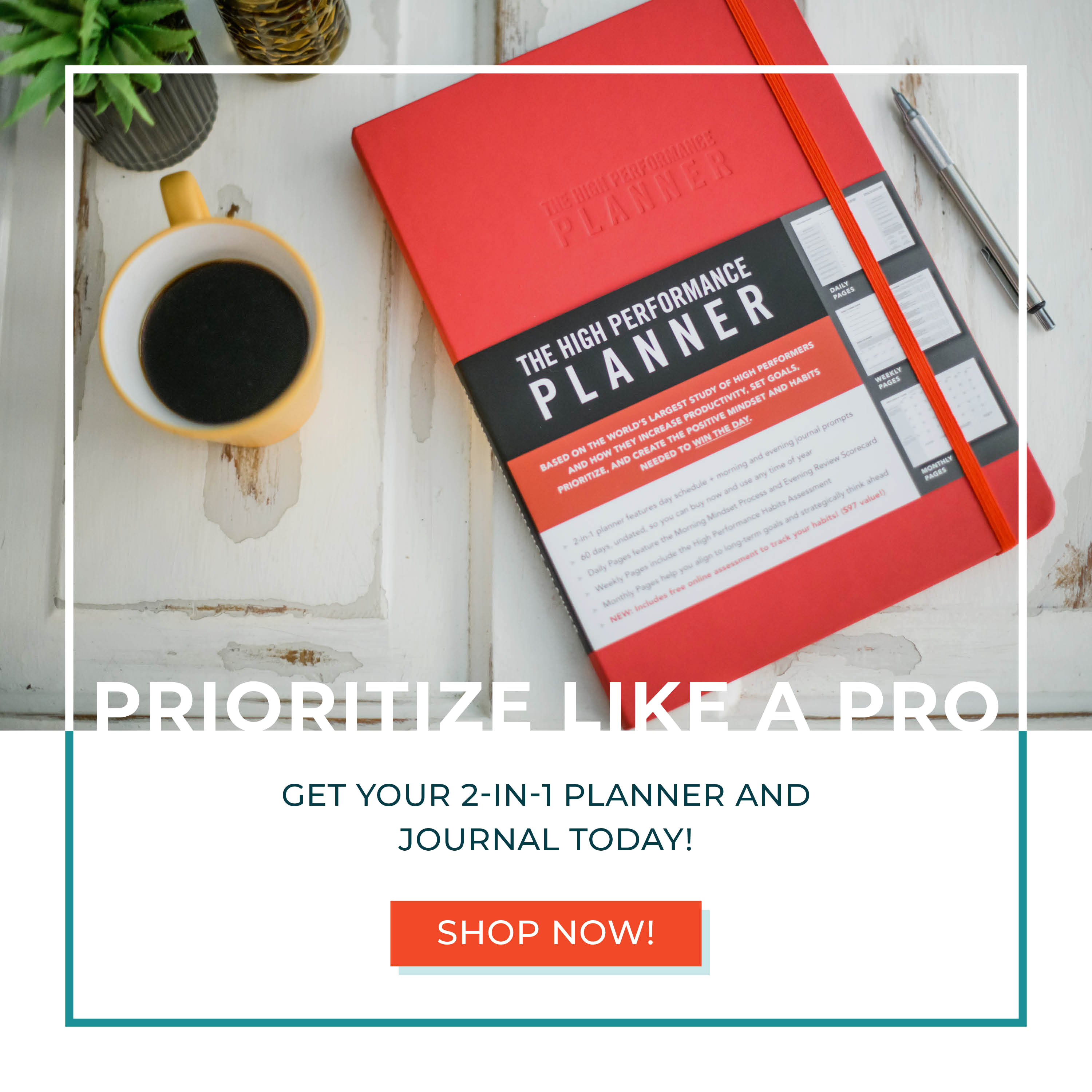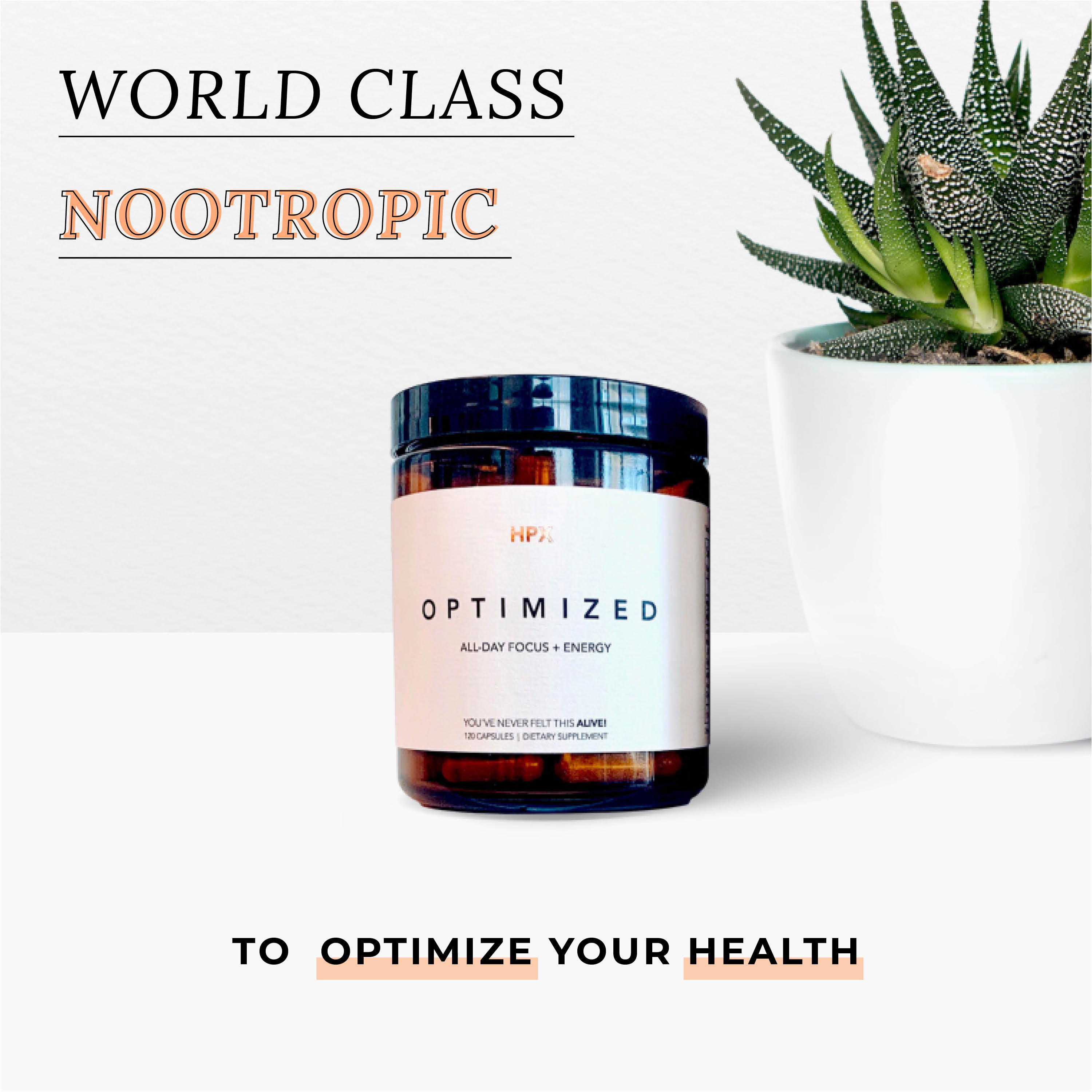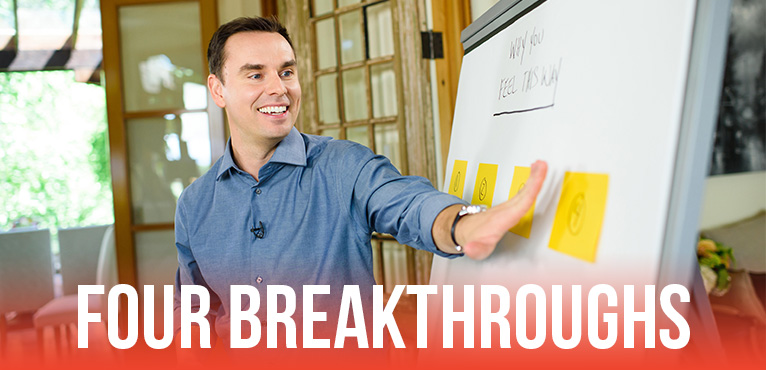SUMMARY
- “We have habits in our health, relationships, career, and spirituality. Those habits are either setting us up to win and feel good about ourselves, or they’re making us feel worse about ourselves.”
- Are your habits serving you? It’s time to reevaluate! In this episode, learn which habits to adopt that will best support you towards your greatest growth and wellbeing!
- “The person who believes they’re ready wins the race.”
- We all have habits in our lives for our careers, relationships, and health. Learn the 6 identity themes and how they affect the habits you practice right now.
- Watch the video to get the full training.
- Already have the High Performance Planner and CRUSHING each and every day? Let’s celebrate you! Take a photo with your planner and use #HPXlife or #TeamHPX.
HOT NEWS & DEALS!
-
Join the Entrepreneur’s Challenge!
Sign up for my 7-day crash course and you’ll learn the strategies, tools, and revenue drivers needed to start (or scale) your dream business! Click here to sign up!
-
Get the High Performance System!
If you want to level up personally and professionally, High Performance System is the resource you need. The High Performance System will guide you through developing and implementing the 6 science-backed habits that will move the needle from ordinary to extraordinary. Develop the habits that lead to long-term success, positive relationships, and healthy well-being! Get the High Performance System!
DID YOU KNOW?
I give weekly prizes, gratitude and shout-outs to our students, so post a screenshot or video on Instagram and use #TheBrendonShow! I can’t wait to hear your thoughts about this episode!
RELATED POSTS
Overcoming “Who Am I?”
How to Create Enduring Happiness
4 Fears Holding You Back (and How to Overcome Them!)
How to Achieve an Action Mindset (and Stay Disciplined!)
Unfocused? Find Your Why
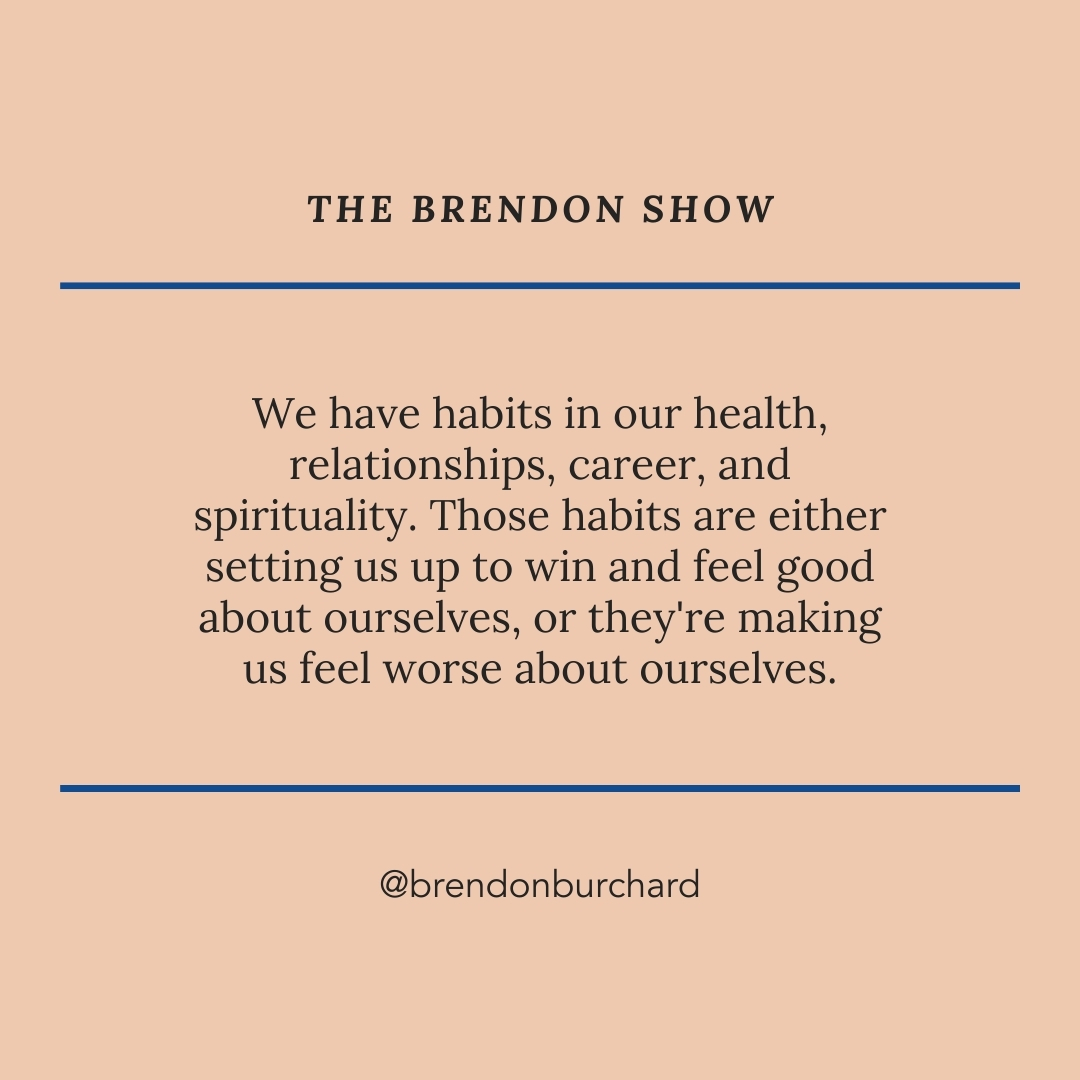
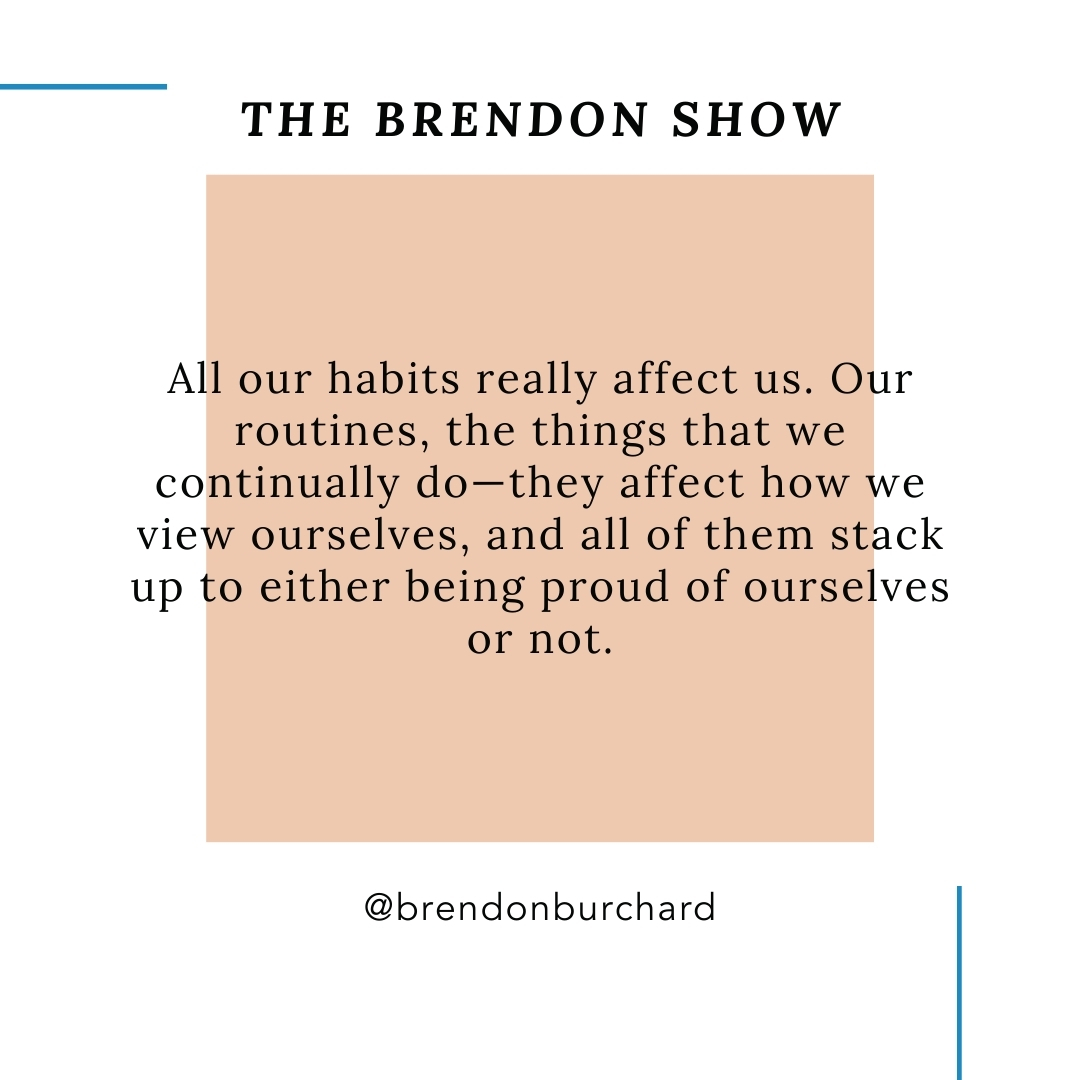
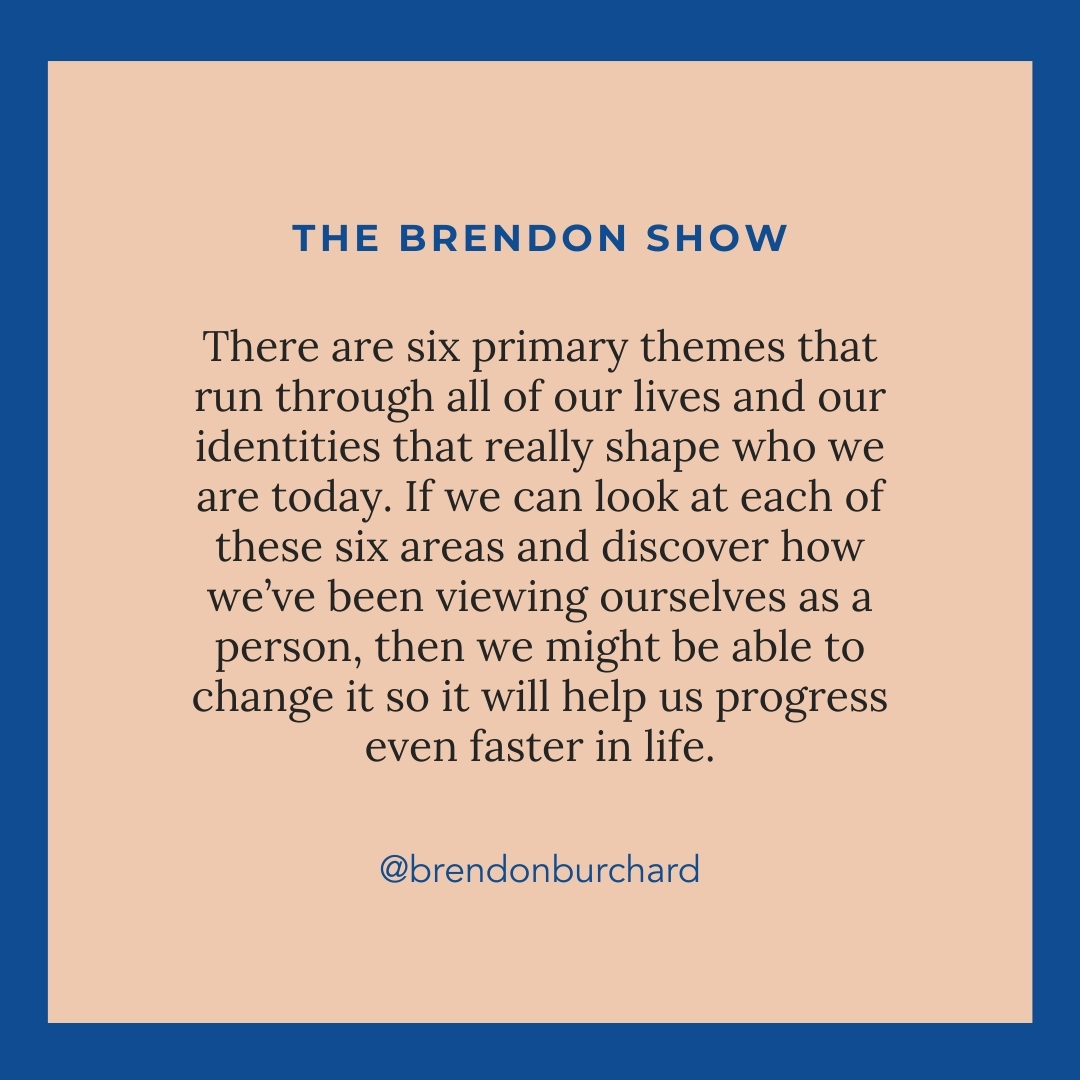
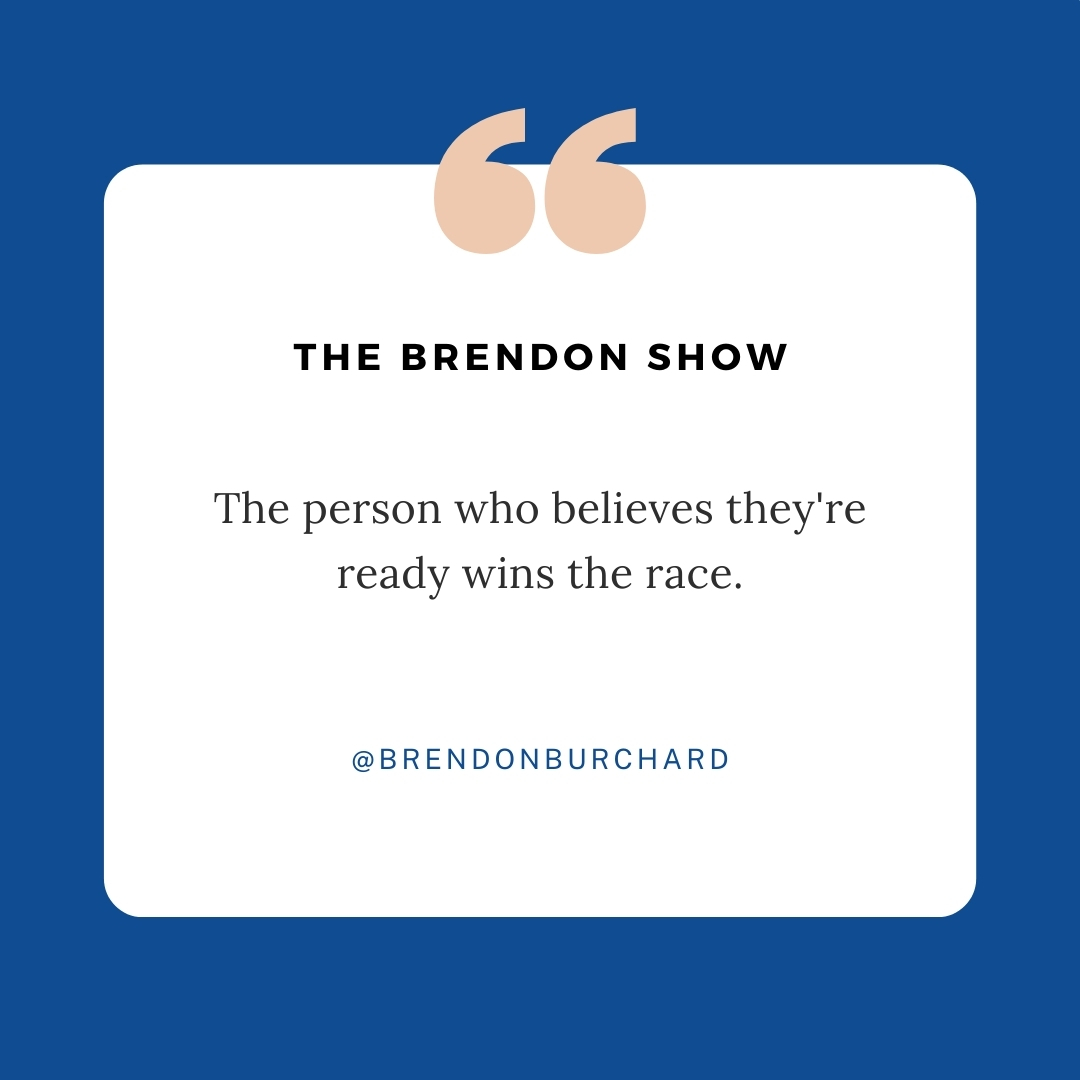
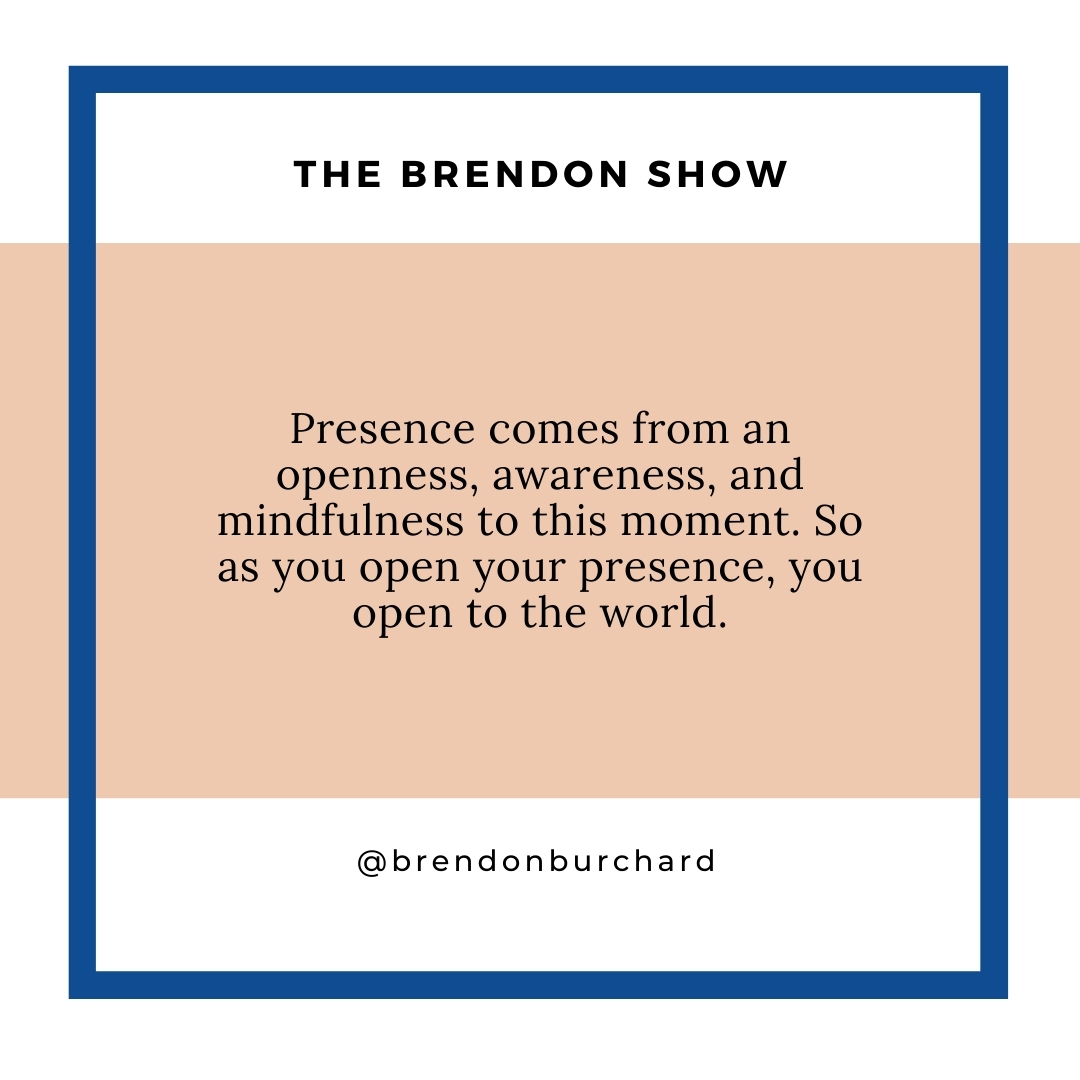
FULL TRANSCRIPT
[The following is the full transcript of this episode of The Brendon Show. Please note that this episode, like all TBS episodes, features Brendon speaking extemporaneously–he is unscripted and unedited. Filmed in one take, The Brendon Show has become one of the most viewed unscripted, direct-to-camera self-help series in the history of YouTube. It has also been the #1 Podcast in all of iTunes and is regularly in the top podcasts in Self-Help and Health categories around the globe. Subscribe to the free motivational podcast on iTunes or Stitcher.)
I’d like to talk about this concept I call identity themes. It’s that we all have an identity about who we are and what’s possible for us, and sometimes we struggle to figure out, “how do I need to look at myself and my life so I can reach that next level?”
So what I found is there’s six primary themes that run through all of our lives and our identity that really shapes who we are today, and if we can look at each of these six areas and discover how have you been viewing yourself as a person, then we might be able to change it so that it will help you progress even faster in life.
1. I’m Deserving
The first identity theme that can really move the needle for you is the identity theme of “I’m deserving.”
Do you feel deserving of love? Do you feel deserving of abundance? Do you feel deserving of joy? Do you feel like you deserve to be happy?
I know those are basic questions, but I can share with you so many people don’t, but they’ve never really thought about it. They’ve never been like, “Gosh, during so many parts of my life I didn’t feel like I deserved anything good, so I never worked towards anything good. So many parts of my life, I didn’t feel like I was adequate or worthy, so I never put myself out there and tried new things,” and if there’s ever a point in your life where you decide “you know what, I do deserve that, I deserve some good things in my life,” I hope you’ll do it now.
Some people, they develop that as a mantra. They literally say, “You know what? I deserve happiness now. I deserve joy now. I deserve to feel better now.” And when you can say that “I deserve something,” you are sort of calling it from the universe. You’re phoning it in. The universe is saying “Wait, wait, she’s ready.” As soon as you make that turn in your identity, “I’m deserving,” things open up for you.
2. I’m Ready
The second area that people really struggle with and I think can really be the changing day in your life is, “I’m ready. I’m ready to take this next action. I’m ready for the transition. I’m ready for the good things in my life right now.” Are you ready and are you committed to that? I work with a lot of Olympians, and a lot of the time when you’re doing their conditioning, their mental conditioning for it, when you get them on the line, like a sprinter as an example, like I’ll get a Olympic class sprinter on the line, and I’ll sit down. I’ll be talking to him about what he’s about to go do, and the ones who feel ready, boom. They’re like a bolt. They’re out of there. The ones who are like “You know what? I didn’t train enough, I should have done this, I should have done that, I’m not really ready,” they always lose the race.
The person who believes they’re ready wins the race.
3. I’m Capable
Next, do you feel capable? In your identity throughout your life, have you felt capable, like “I got this,” like you have the competency and the confidence to do something? Really think about it. If you thought about the whole span of your life, have you thought “I got this, I can figure this out,” and ultimately, capability, it’s just a mental contraption. You just decide one day. You’re like “Okay, I don’t know how it might turn out, but I know I’m going to work towards making it turn out positive. I know I’m going to figure it out and, frankly, do the work.”
If you don’t feel capable, I say you know what? Go study. You know what? Go interview people to figure out how they did. Read books on that topic.
It’s okay if you don’t feel capable. Do the work to become capable.
4. I’m Open
The next one is, as you’re marching towards all of this, can you have an identity that is open? Are you open to learning? What’s the next level of opening for you? “I’m going to open my mind again to my spouse, not believe I know what they’re going to do. I’m going to open my mind to see who they really are and what they really want now, not what happened last month or four months ago. I’m going to be open in this moment.”
Presence comes from an openness and awareness and a mindfulness to this moment. So as you open your presence, you open to the world.
5. I’m Persistent
Another identity theme is persistence.
Do you feel like you’ve been a persistent person throughout your life?
And again, it’s okay if you haven’t. Any of these, it’s okay if I’m going through these, and you’re like “Geez, Brendon, I’ve been off of my game for a couple of years.” That’s okay. That’s why we’re here. We’re here to do the work, to start the new identity, to start the new habits and start the new desires of your life to move forward. So it’s okay if you haven’t, but if you have been persistent, you know that those who are persistent, they get all the rewards of life. It’s so easy to give up, but you need to persist through the rejection, the turmoil, the chaos, the fear. If you just keep going, you’ll develop those skills, you’ll develop those capabilities, and you’ll develop the identity that says “I got this, too.”
6. I’m a Role Model
And then the last one, and I’ve never seen an identity theme that’s so powerful in people’s lives ever. When I think about the most successful and the most fulfilled, the most joyous, happy people I know, they have this identity theme, and they work on it a lot, and their identity theme is that they see themselves as a role model. They see themselves as a role model for their kids. They see themselves as a role model for their neighbors. They see themselves as a role model in the community, and so they end up having usually more virtue or more values that are demonstrated to people. They have a different level of character, and those who want to be a role model, they end up being those who get promoted. They end up being those ones who think about the things they’re communicating to their kids. They’re the ones who, when everyone’s volunteering, they kind of gather around that person ’cause that person ends up being a little bit more of the leader because they had that intense attention to say, “I want to be attentive to my behaviors and my energy and how that is coming across to other people. I want to be a good person for them.”
And so if you haven’t had that identity theme for a while, this is a great time to take that in. Think about the habits that you’ve had in your life that are good and that are bad, and really think about how they have affected your life and who you view yourself as today.
So for example, a habit you might have had in the past, you might say, “Well, Brendon, I smoke.” I’ll say “Well, how has that affected your identity and how you feel about yourself?” Now, maybe you say, “I feel like because I smoke, I’m not a healthy person. I can’t be healthy.” Maybe that’s true for you, and if that is, you should know that.
You see, all our habits really affect us. Our routines, the things that we continually do, they affect how we view ourselves, and all of them stack up to either we’re proud of ourselves, or we’re not.
We’re confident, or we’re not. We’re sad, or we’re happy.
I’d love for you to just take some time and figure out: what are the main habits of your life that have really shaped your identity—that is, how you feel about yourself?
So some of these habits could be things like, “my habit is I run every Monday, Wednesday, and Friday. I’m a jogger, and so that makes me feel very healthy,” right, or we might move into your relationships because, you see, we have habits in all different parts of our lives. We have habits in our health. We have habits in our relationships. We have habits in our career.
We have habits in our spirituality; all the areas we spoke about earlier, and those habits are either setting us up to win and feel good about ourselves, or they’re making us feel worse about ourselves.
So take the time. Write down what are your positive and negative habits, and then write down what could be more empowering habits for you.
